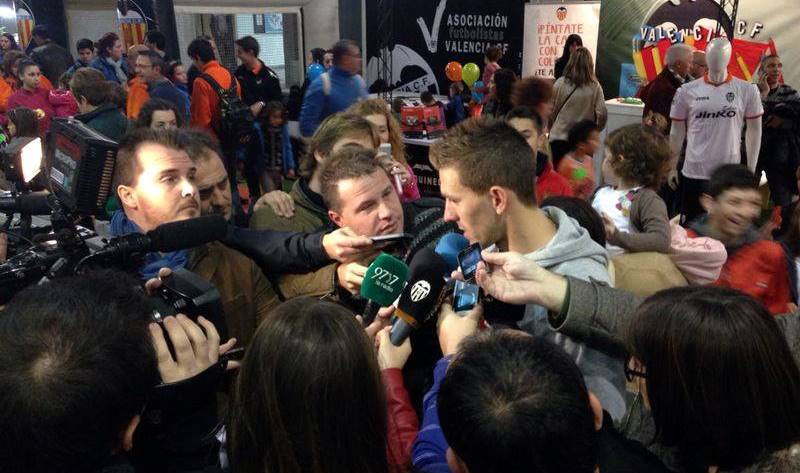
27 Abr The technical (dirty) details: less is more
Time to start digging up those fantastic voice samples performed by the students of Practical English in the Juan de Garay highschool. It has been actually quite engrossing hearing them thoroughly and finding out how many subtle (and not so subtle) changes took place between the first session and the last one, where they were asked to improvise by talking in English for more than one minute in front of the whole classroom, controlling their nervousness and using body language in an effective manner.
When recording the students, a tough decision had to be made in the early stages of the TFM. Obviously, voice recording can get as technical as the money you are able to shell out for the best equipment available: sensitive microphones, headphones, directional mics, etc. The experiment could have been as complicated as I had wanted. Instead, I went for the easy score.
Yeah, I did what I’m used to do in my job as a journalist: I used my smartphone’s voice recorder.
Simple, easy, technically accurate enough. “Less is more” isn’t just a catchphrase, indeed.
There’s factual reasoning behind it: as the recording would take place inside the classroom (time constraints didn’t allow the experiment to take place in a recording studio), it was *obviously* going to be quite a loud environment, even when asking the pupils to be silent. Nowadays, the microphones installed within top-tier smartphones (in this case, a Samsung Galaxy S5) are more than reliable when capturing the subtleties of oral speech, even in this kind of places.
Also, using the smartphone’s voice recorder allowed me to move around the pupil in a context where the student was performing an oral exposition on front of his/her peers; and I was able to instantly playback the recording so the students could listen to their voices and self-assess, within the group, its oral content.
Digital media has revolutionized the quality and storage capacity of sound in the last fifteen years. Therefore, it’s quite amusing how even thoughtful and very interesting analysis, such as this one written by Matilde Carolina Medina (in Spanish), have become obsolete and need to be updated. I hope my TFM project will contribute to raise awareness towards this need.

Sin comentarios